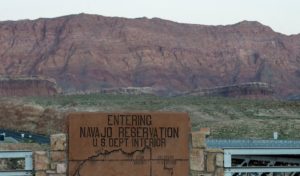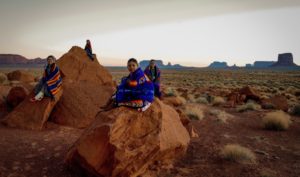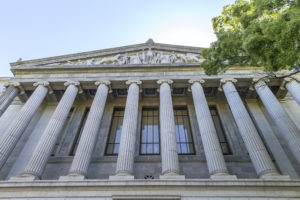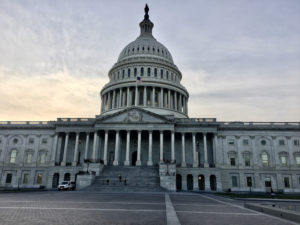Financial Self-Determination for Native Nations
A Supreme Court decision enhances Native Nations’ self-determination by requiring the federal government to reimburse certain healthcare costs.
The Mining Mania That Threatens Native Nations
Experts point to the adverse effects of expanded mineral mining on and near tribal lands.
Hacking Broadband Access in Tribal Lands
Scholars examine broadband access in tribal lands and the effects of poor internet service on Native American communities.
Addressing the Crisis of Missing and Murdered Indigenous Women
Indigenous women are dual victims of violent crimes and federal policies that fail to mitigate the crisis.
Improving Protections for Native Religious Sites and Rights
Scholars argue religious liberty laws should stop the federal government from destroying Native sacred sites.
Where Will Native Children Find Their Homes?
A Fifth Circuit ruling adopts a novel approach to a law that determines where Native children grow up.
The Regulation of Stolen Cultural Artifacts
Experts address weaknesses and inconsistencies in the U.S. regulation of looted cultural artifacts.
Establishing Economies on Indian Reservations
Promoting business development and economic independence on reservations is crucial to sustaining tribal communities.
Promoting Indian Child Welfare Through Inquiry and Data
Data collection on Native American involvement in adoption and foster care is needed to remedy courts’ failures.
Congressional Restoration of Tribal Civil Jurisdiction
Congress should enact a law that restores tribal regulatory and adjudicatory authority.
Regulatory Recognition of Native Histories
Judicial disregard of Native Nations’ ethnohistory frustrates the purpose of federal law protecting Native remains.
Critical Race Theory and the Trust Responsibility
Critical race theory training is essential for fulfilling the U.S. government’s moral and fiduciary obligation to Tribes.












